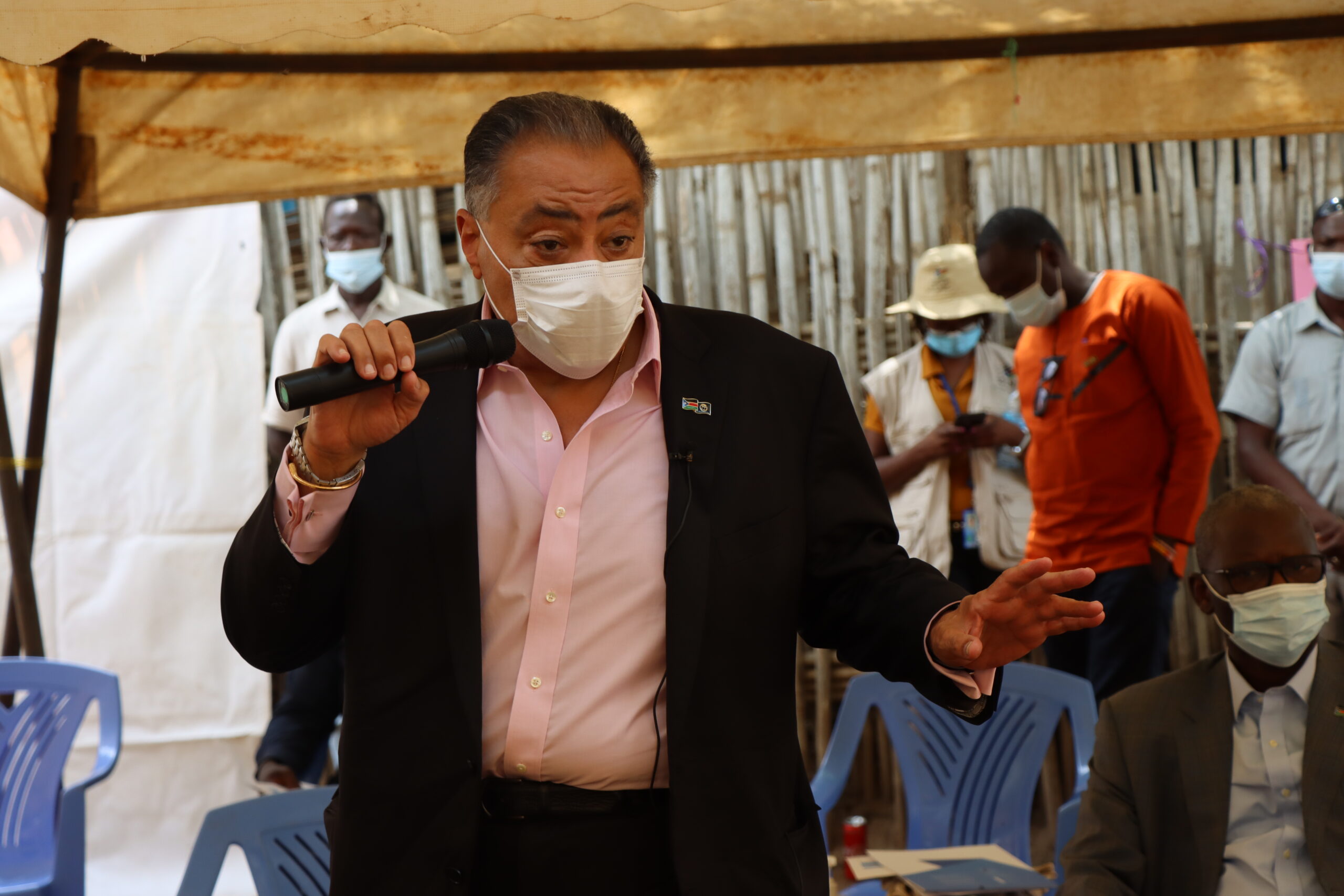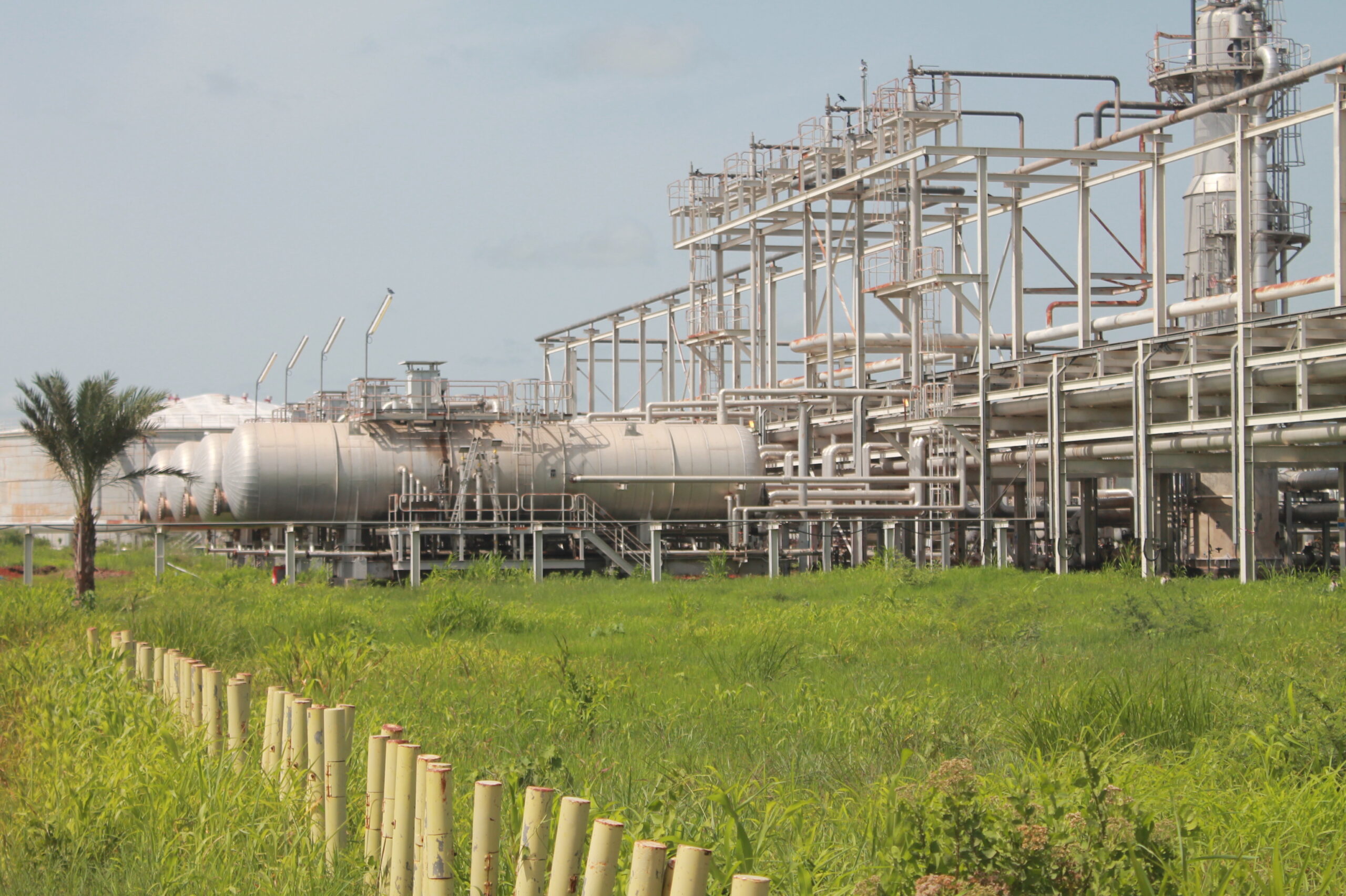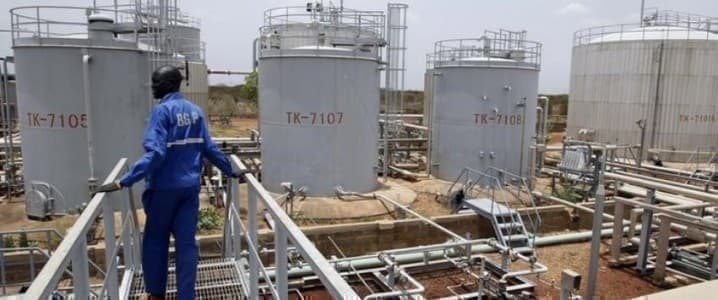
World Bank inspects project status in South Sudan

By Manyuon Mayen Manyuon, Juba
The World Bank Regional Vice President for Eastern and Southern Africa on earlier June visited Buluk Quarter Council at Juba City’s Municipality on his first official mission to South Sudan meant to examine the impact of a project.
Mr. Hafez Ghanem listened to first-hand testimonies from beneficiaries and community committees on the impact of the World Bank-funded South Sudan Safety Net Project (SSSNP) on people’s lives.
The project was implemented by the United Nations Office for Project Services (UNOPS), in partnership with the Government of South Sudan.
The project provides low-income and vulnerable households across 10 counties in South Sudan with cash assistance to meet their urgent needs and invest in their household welfare.
Speaking at the event, the World Bank Regional Vice President, Hafez Ghanem, expressed his appreciation for the partnership with UNOPS and the South Sudan’s government towards addressing economic vulnerabilities in the country.
“I am happy to hear that you have used the money to buy food for your families, pay school fees for your children and invest some of it in sustainable businesses.
“You are responsible citizens, mothers and leaders of your community. A country cannot develop without empowering women,” The Vice President said.
Josephine Joseph Lagu, the National Minister of Agriculture and Food Security, appreciated the support from the World Bank and UNOPS towards transforming the lives of the poor in South Sudan.
“With the cash they received, they have done a lot for their families. This is remarkable and we greatly appreciate them for this. This is the spirit we would like to cultivate in our people,” she narrated.
Leslie Mhara, the Acting Head of Programmes for UNOPS and Senior Project Manager of the SSSNPsaid the entity was committed to working with South Sudanese and the partners.
“In order to tackle the impact of COVID- 19 and foster economic recovery, UNOPS is committed to working with the World Bank and the Government of South Sudan.
“Cash transfers present a cost-efficient way to support the most vulnerable, contributing to market systems by increasing the purchasing power of community members,” Mhara concluded.
Ms. Josephine Justin Ladu, a widow and sole breadwinner for her family, who talked on behalf of the beneficiaries, appreciated the assistance from the project.




































